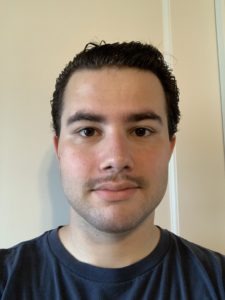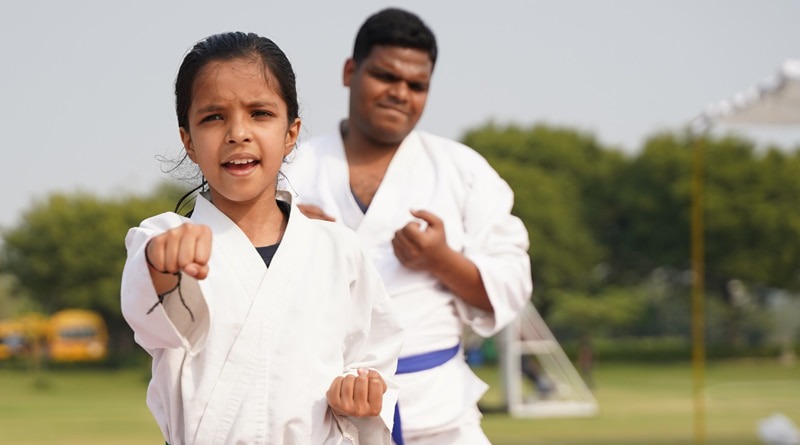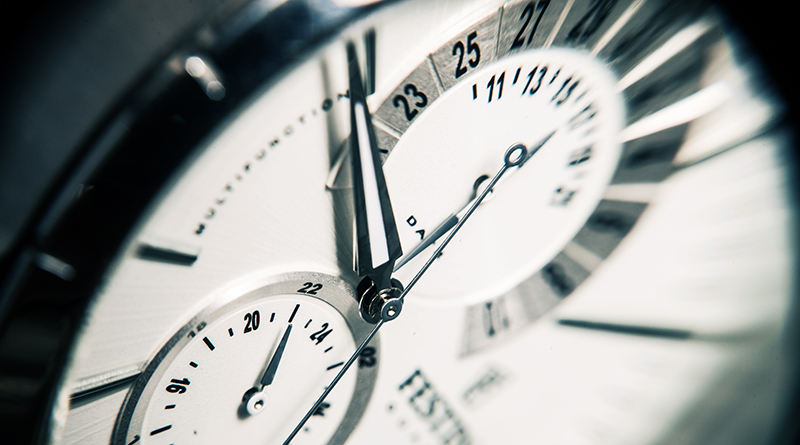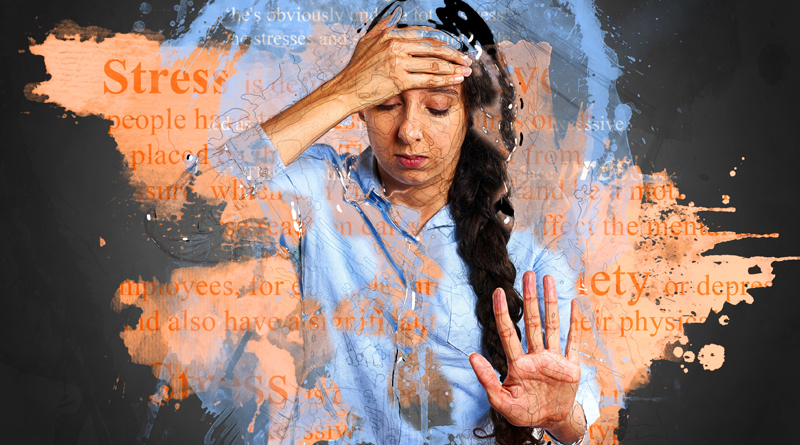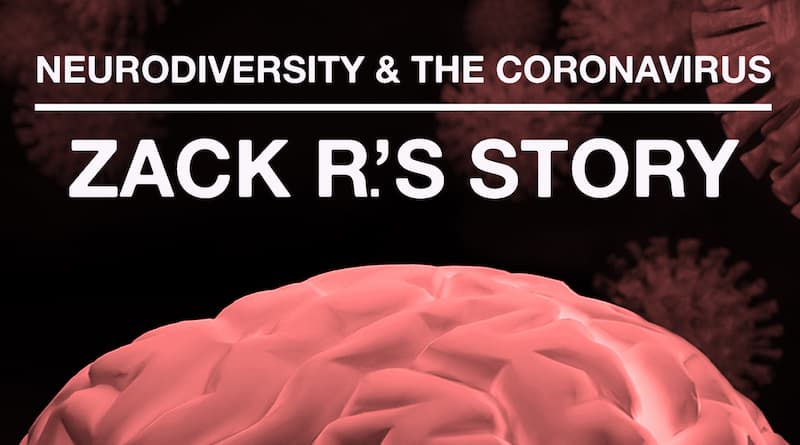
The Coronavirus Pandemic: Zack R’s Story
The Pandemic: Zack’s Story:
About the Author:
Zach R is a recent graduate from Florida Polytechnic University with a Bachelor’s Degree in Data Analytics. He is currently 23 years old and has been diagnosed with High-Functioning Autism and ADHD. Zaxk is interested in anime and reading Fanfiction online. He is currently working as an Inventory Associate for RadioBros Corporation in Huntsville, Alabama, but is also looking for what he am passionate about and wish to spend most of his life doing.
Life Before the Pandemic:
Q: Describe your everyday life before the pandemic hit. Include social aspects such as work, school, extracurricular activities, and interacting with people.
A: I went to college and was studying data analytics, I took college classes, I lived in a college dorm, I went to the gym and exercised, went to the cafeteria, and took courses. Mainly, I was just a college student and I didn’t end up interacting with a lot of people, except in an anime club that I went to on Friday nights, but staying in my bedroom was just fine with me. Basically, I had ten classes, had meals, and worked out. My parents also were supposed to move to Italy for a job opportunity, which got postponed for a couple of months due to COVID-19, and when they finally did, I went to live with my brother in Alabama.
Reacting to the Coronavirus
Q: Describe how you initially reacted to the coronavirus and social distancing.
A: I didn’t think it was something real major. I kind of dismissed it because I heard a couple things and thought it would pass over like a hurricane: it would build up, but once it got through, it would be easily put together. We’d easily get back to our regular lives. I didn’t really get the issue at first at least.
Schedule Changes & Adaptations:
Q: In what ways did your life and schedule change as a result of the coronavirus?
A: I ended up moving out of the dorms, moving back in with my parents, and taking classes remotely. My schedule changed a bit because I was also eating meals with them and everything, but it didn’t really change that much, except I didn’t do my regular Saturday thing, which is going out of the town to Chick-Fil-A and some grocery shopping. I kind of stopped all of that after COVID hit.
Q: What have you had to do in order to adapt to these circumstances?
A: I got used to wearing masks and I got used to sanitizing wipes. I kind of ended up taking them out and using one every time I went grocery shopping. I wiped down my hands, my arms, my phone, any items I picked up, my wallet, my keys, and usually the steering wheel of my car after I get out of it, just to be safe. I also ended up going out of the house much less. I’d minimize how much I’d do it, and when people walked by, I deliberately kept my distance. I also needed to find new ways to work out because I couldn’t really go to the gym anymore. I do push-ups on the ground, I go to the pool and do push-ups, I’ve got weights, I take long walks, I do weekly runs, go on ten-minute jogs, and if I’m in the mood, I bike.
Autism, ADHD, & The Coronavirus:
Q: If you are neurodiverse, how has the pandemic affected your neurodiversity, or how has being neurodiverse affected how you’re dealing with things?
A: I have high-functioning autism, ADHD, and anxiety, but it’s made some things easier to do and other things harder to do. I’ve been a bit more overly cautious, I’ve been double-checking and over-wiping things to make sure that everything is clean. However, I quickly adapted to just being at home and doing things remotely rather than [in-person]. After the shift happened, it was more easy for me to deal with. I just took it to stride once it happened.
Coping With Change:
Q: What other coping mechanisms are you using in order to deal with these strange times?
A: I browse the internet, listen to music, play video games, and watch TV. These are the coping mechanisms I already had existing to deal with my autism and this kind of stress that comes with it. It made dealing [with the coronavirus] easy because I already have a system of coping mechanisms set up to deal with that kind of stuff.
Life Lessons & Advice:
Q: What are some of the things you learned about yourself and the world around you as a result of the coronavirus?
A: About myself, I guess… that I’ve never really been a social person. It’s just another factor I’m pointing out. What I learned about the world around me is that how many of those little things are touched that may be spreading a virus or are a part of our everyday lives, like touching a door or going grocery shopping. All of a sudden, you’re looking at how a touch could be possibly deadly. I just realized how much these little interactions can cause germs and things like that; how apparent it is in everything we do.
Q: What advice would you give to someone that’s having a difficult time dealing with the coronavirus?
A: Find a coping mechanism. Having something you can do to relax or burn off stress that you enjoy and makes time fly by is always good. It makes dealing with things easier because if you get too overly stressed, then you can find ways to retreat from the current world into your own world for a bit. Even though it doesn’t solve the problem, it makes things a bit easier because you deal with the issues somewhat. Also, exercise regularly. Exercise for at least 20 straight minutes because it burns off the body’s tension and relax the body much more.
Story by: Zack R.
Interviewed by: Julia Futo
Interviewed on: December 21st, 2020
Julia Futo was born on August 5th, 1999, in Fort Lauderdale, Florida. She faced difficulties early on in life with trying to perform everyday tasks. Before she was five years old, she was diagnosed with two learning disabilities: Encephalopathy and developmental coordination disorder (DCD). She struggled in school for a long time, but that changed when she took journalism in high school and learned how to become an advocate. She is currently in college and hopes to help others find their voices.

